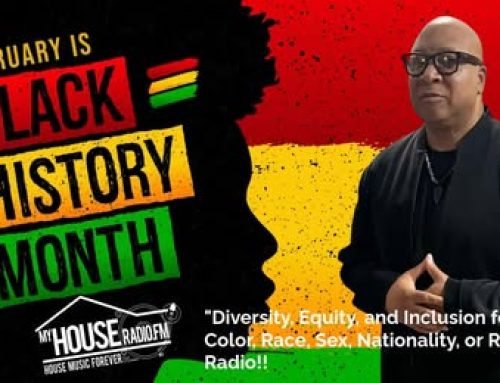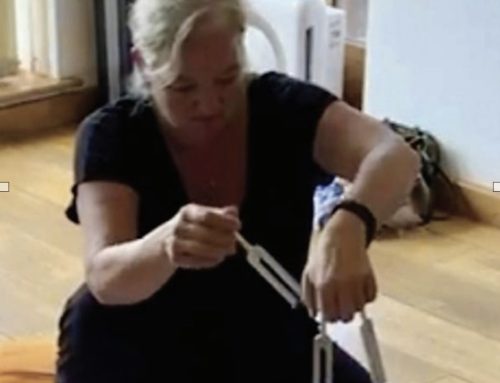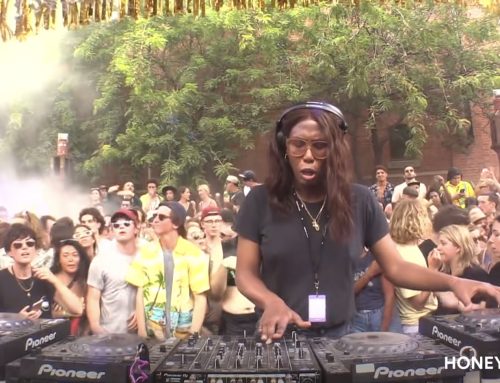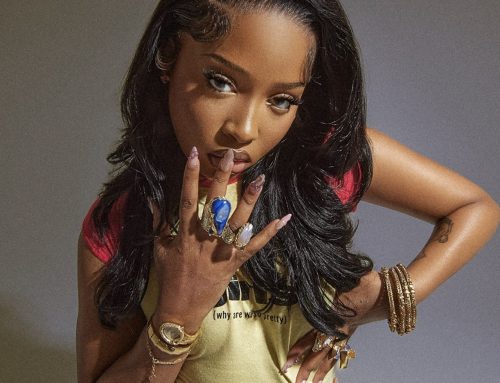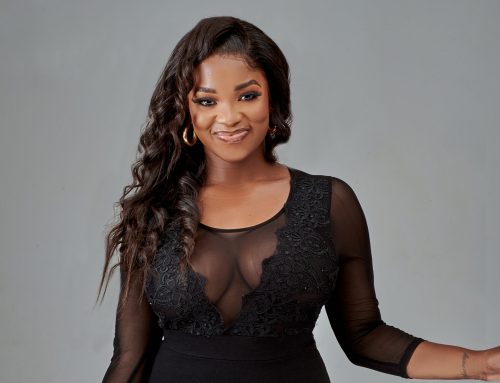In 1988, Luke Cowdrey was undergoing his acid-house epiphany in Manchester. “For me, it changed the world,” says the Sheffield-born DJ, better known as Luke Unabomber. “It wasn’t just music, drugs and hedonism. It was the people you met and the sense that life was, suddenly, so much better.” He smiles: “My brother always says the men in my family didn’t start hugging until acid house.”
In Manchester you are never far from such a testimony. The city is full of grizzly rave veterans banging on about the Haçienda. The difference with Cowdrey is that, aged 51, he is still raving, and not on the nostalgia circuit (“Celebrating the past is such a defeat”) but at clubbing’s cutting-edge – along with a generation of middle-aged DJs who have refused, or are unable, to hang up the headphones.
Cowdrey is the promoter of long-running queer night Homoelectric – “a genuine alternative to the commercial stranglehold”, as he sees it. “People take the piss but I still believe in the evangelism of it all, that, politically and culturally, the world is so toxic that people still want to escape together.”
Tonight, we are heading to the club Hidden for the first Homoelectric of 2018. A three-storey warehouse space near Strangeways prison, it could not be further from the glossy polish of the Refuge, the hotel bar and restaurant where Cowdrey is also de facto creative director. He shrugs off the apparent contradiction and rattles on about the Meat Free collective or DJ Jon K – references that would fox most 21-year-old Mancs.
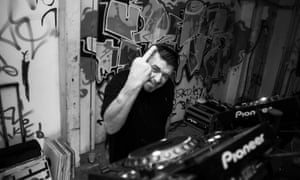
By midnight, Homoelectric, an evening of gently dislocated chaos for several generations of “homos, lesbos, heteros, don’t-knows”, is packed and Cowdrey is bouncing in the DJ booth. He was up at 6am to spend the day with his family, and will be at Homoelectric until 5am, powered only by a few beers. “At 51, you definitely feel it,” he admits, but if you want to hear club music in its natural environment, you need to hang out in nightclubs. Even if in middle age, you do it drug-free. “I’ve played Salon zur Wilden Renate in Berlin at 7am on Sudafed, Red Bull and coffee. I found a new buzz doing that. I go to full-on druggy places 100% straight and feel comfortable. I find that energy exciting.”
Cowdrey is not alone. In 1988 it would have sounded ludicrous but, as we approach the 30th anniversary of the so-called second summer of love, a significant minority of acid house veterans are defying the passage of time: Kompakt’s Wolfgang Voigt, AKA GAS is 57, Andrew Weatherall is 54; techno stars Dave Clarke and Luke Slater both turn 50 this year. Rather than creaking rave relics, they remain creatively potent forces in underground electronic music.
Colin McBean was originally half of 90s techno duo the Advent. Now 56, he is enjoying a second life as Mr G, taking his bass-heavy, hardware-driven live set around Europe’s best clubs. “I’m an old soundboy, a battler, so my perspective is, ‘Can I still enter the arena and box?’ I can stand toe-to-toe with most. I do yoga. I keep fit. As long as I feel tight on stage and my dance moves are on point, we’re good. People ask how old you are – ‘You’re joking, you’re older than my dad!’ – but they’re never derogatory. They’re amazed you have that stamina. When the moment takes me I get down, scream and shout. The kids respond to somebody playing music they love. The energy I get is ridiculous.”
Keith McIvor, AKA JD Twitch from Glaswegian DJ duo Optimo, turns 50 this year, and confesses to some awkward moments: “We play gigs where the age range is so wide it never crosses my mind, but if it’s a young audience in their early 20s, I can feel self-conscious that they’re thinking: ‘Who the hell is this old fucker?’ Occasionally, someone asks if they can procure certain substances from me, too, as if the only reason I’d possibly be in a club is because I’m a drug dealer.”
“If people view clubs as pick-up areas, I can see why
For Clarke, the pace of technological change in DJing – the creative possibilities of digital file manipulation – has been inspirational: “We’re constantly kept on our toes.” But as a producer, Voigt scorns the theory that, unlike in rock music, challenging technology has extended his creative lifespan. “For me, this doesn’t matter, because my job is not about genres or instruments. I’m 100% artist. That’s my destiny,” he says. “When I go to clubs, I leave around 3am. This is not a question of age. It’s always been like that.”

As the host of BBC 6 Music’s weekend breakfast show, Mary Anne Hobbs has fewer 3am finishes these days. Her show, however, is testament to the 53-year-old’s obsessive interest in exploring new music, an obsession shared by everyone I speak to. Like Cowdrey, Hobbs was transformed by the Haçienda (“I remember tangibly the sense of a whole new world unfolding before me”) and finds inexplicable the idea that you would ever grow out of electronic music, or let your tastes ossify. Sitting in Altrincham Market’s food hall, she explains that music is “inextricably woven” into her DNA. “In a deeply troubling world, it is perhaps the only place you find real peace.”
That zeal led Hobbs to venture out on her own to early dubstep clubs such as DMZand FWD – “sub-bass frequencies that would root you inside a present moment difficult to experience elsewhere”. At 41, she learned to mix and became a global envoy for dubstep, touring for years. It was extraordinary and exhausting. “At that age, you have to live like a monk – 100% sober. Especially the American tours, where you’re flying out of different time zones every day.”
Interestingly, that discipline came easy to Hobbs, as it does to most DJs thriving in middle age. Even at the Haçienda, Hobbs clubbed straight. “I was the geek,” she says. Clarke has taken ecstasy once: “The fact that I don’t need drugs to stay awake has probably saved me.”
McIvor likes a drink when DJing, but says: “We’re not kicking the arse out of it. You couldn’t sustain this if you were. In the early 90s, doing Pure in Edinburgh, 99% of people in that club were on ecstasy. I didn’t take it. I didn’t need to. I’m not saying I’ve led a puritanical lifestyle, but I’ve never been a mad caner.”

For Berlin DJ and producer Anja Schneider, it is a myth that DJs are party animals. Most are dedicated to their craft, an approach that, as a mother in her late 40s, enables her busy schedule. “I don’t see a reason to stop because I’m a mum. I cannot deny my first love, music. But time is limited. Priorities shift. I now prefer to spend Sunday with my son instead of going to Panorama Bar.”
McIvor is sick of airports (“that’s the gruelling bit”), but he still played 120 gigs last year. Soon after this interview, Hobbs was DJing in Estonia. “Where else do you want me to go?” she asks, rhetorically. “Yeah, I’m 53. But look at Attenborough, crawling around in the South Pacific at 90. At that age, I want to be looking for my equivalent of the green turtle, and I hope people will welcome me.” So, whether a DJ or clubber, you can now rave to the grave without embarrassment – as long as your knees hold out.
